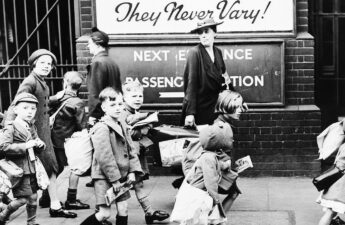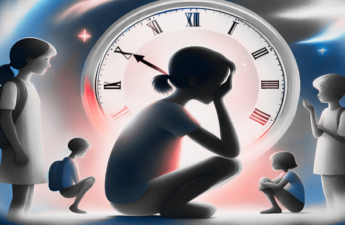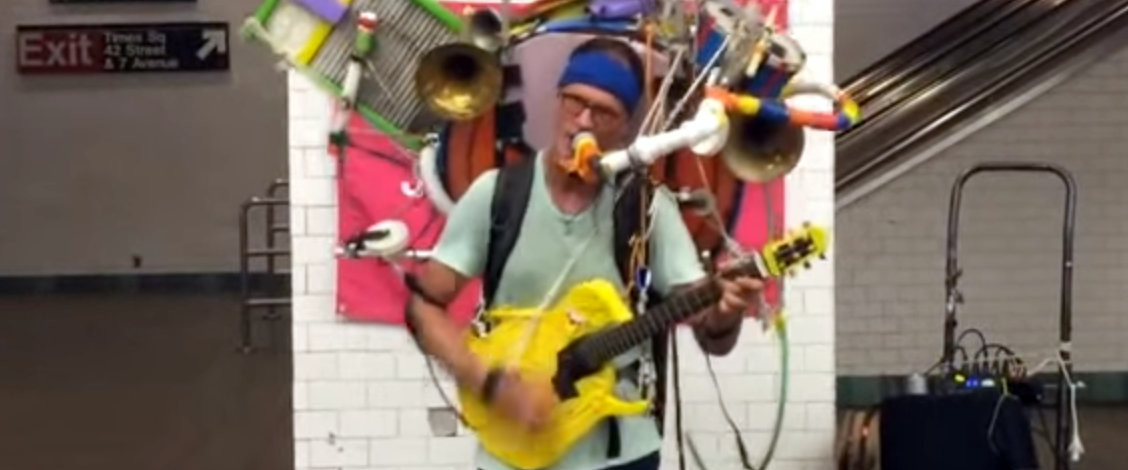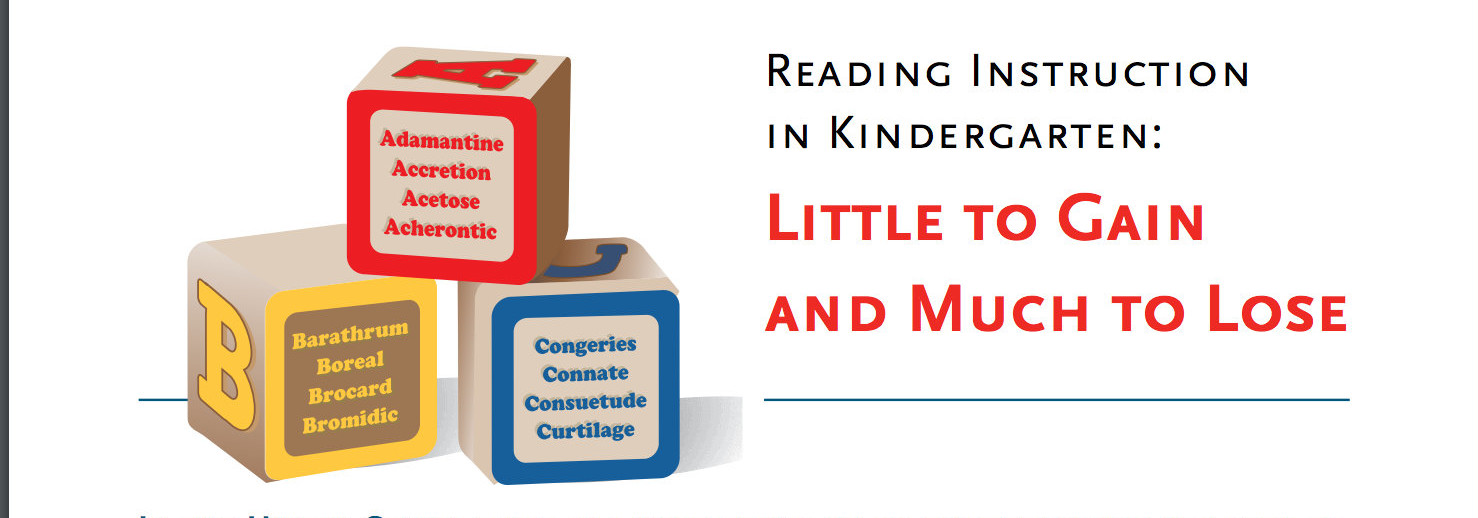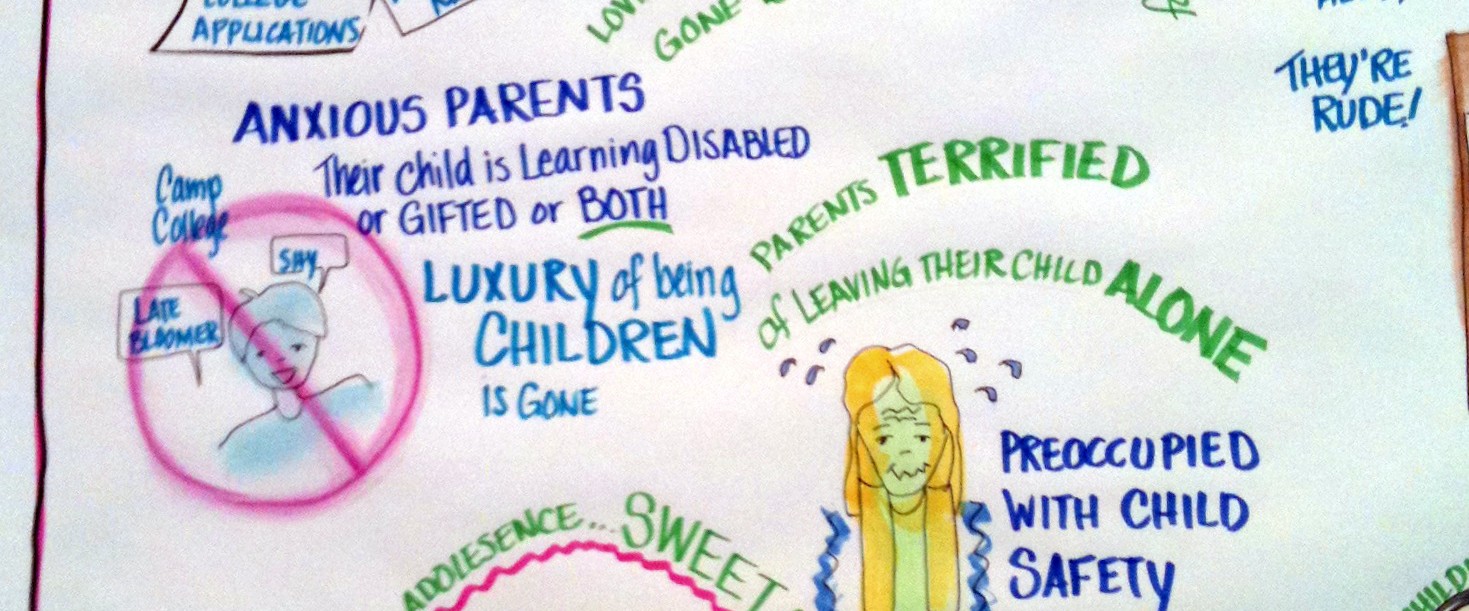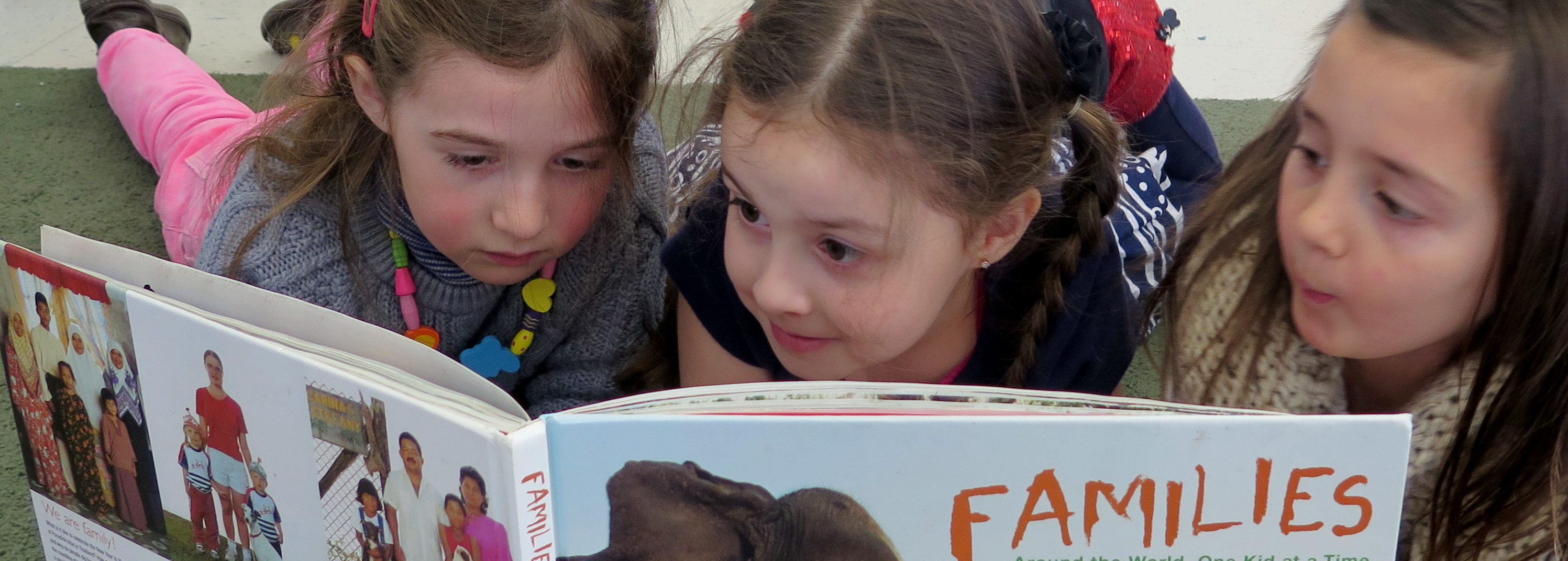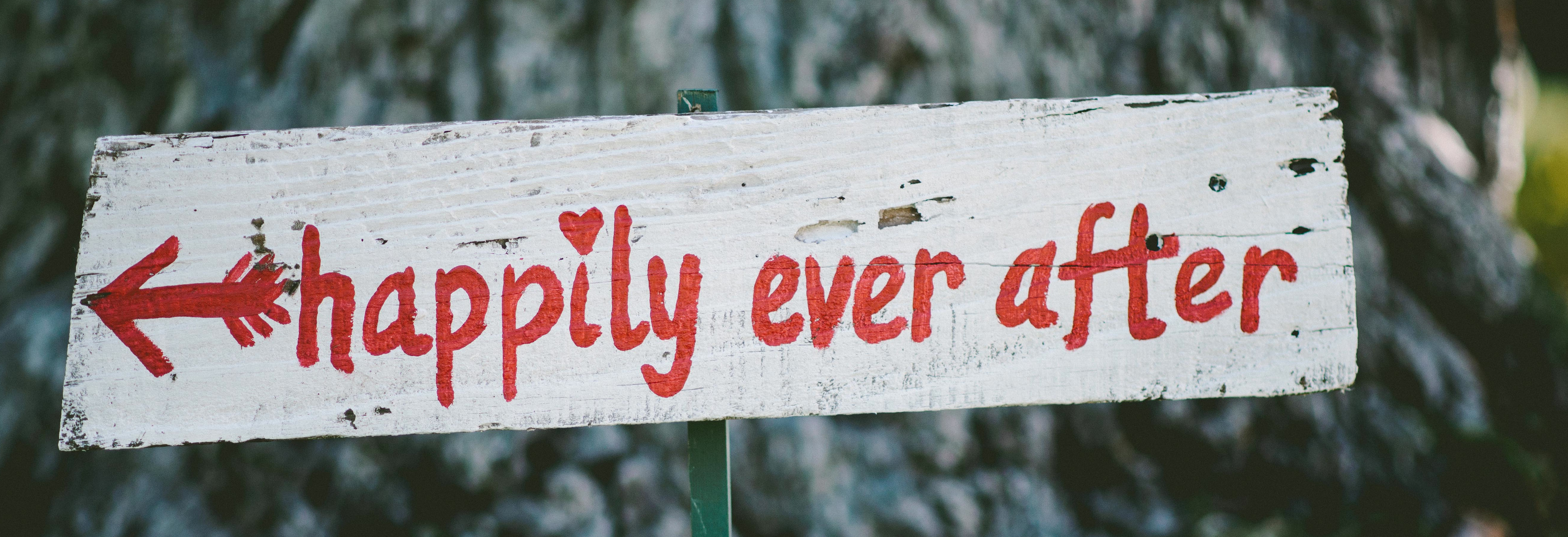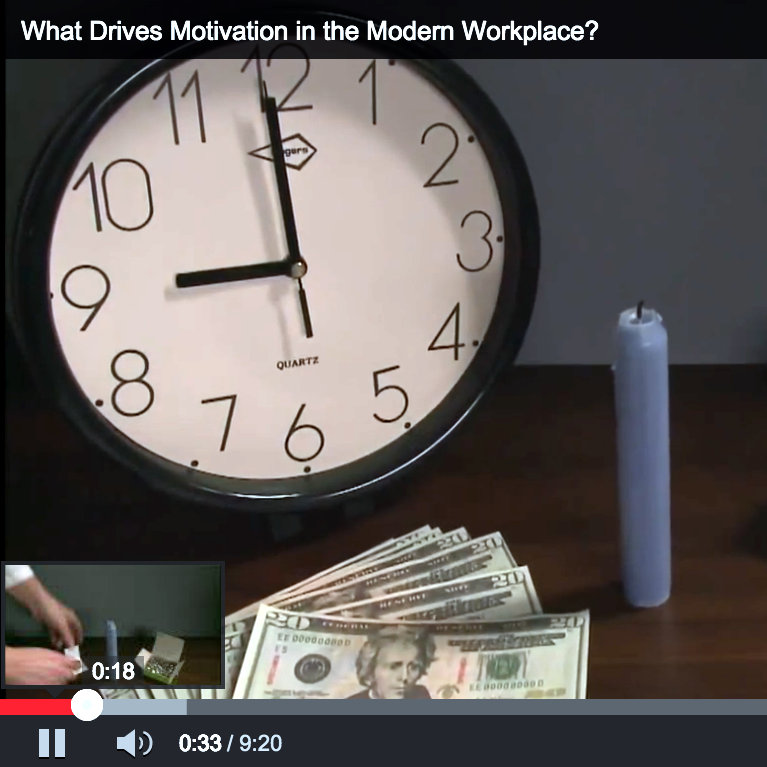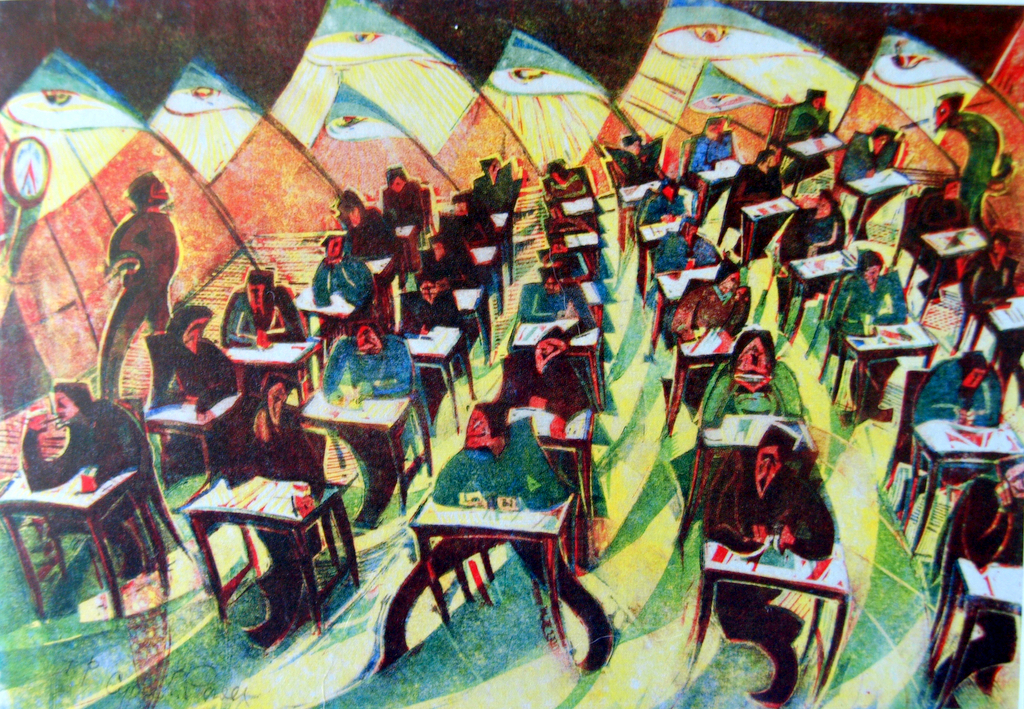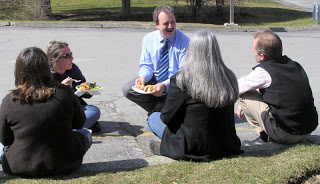The disruption to schooling in the early months of the pandemic led me to 1939, Operation Pied Piper, and the work of pediatrician and psychoanalyst Donald Winnicott. Under Operation Pied Piper, close to a million children living in cities were separated from their parents and evacuated to safer areas. An evacuation on such a large scale was unprecedented. Britain was…
Tag: psychology
Do No Harm: Navigating Gender Identity in School
In her thoroughly researched and scrupulously fair-minded book Time to Think, Hannah Barnes relates the history and calamitous downfall of the Tavistock—England’s only child gender clinic. It’s a sobering story of the harm done to hundreds of children. It’s about distressed adolescents, desperate parents, over-stressed professionals, and out-of-control activist organizations. Barnes shows us just who these children are and what conditions…
Where does Good Enough Come from?
It was Donald Winnicott, of course, who coined the phrase good-enough in connection with parenting. He first introduced the term in 1953 although he had worked on the concept for years and the idea is there in his advice to parents in his wartime radio broadcasts. Basically, it recognizes the need for children to learn that: a mother is neither…
The 100 Ways Children Learn and Why You Should Ignore Them
Learning styles – they used to be everywhere. You know – learning styles – that notion that the way children learn is this way or that – visual, auditory or kinesthetic – or some other more complicated variation on a theme. There are three, there are four and sometimes many more styles or types of learners. There used to be…
Discovery and Uncovery
We all love to rumble on about lifelong learning . But how does that happen when learning is presented as a series of predefined steps and stages that learners must master and hurdle – the endless hamster wheel of material, test, grade, material, test, grade, move on. Where is the room for the infinite variety of human capacity? Where is…
Why are we doing this to our children?
Here is child psychologist Dr. Megan Koschnick on why Early Childhood Standards of Common Core are Developmentally Inappropriate. This is her presentation from a 2013 conference at the University of Notre Dame entitled “The Changing Role of Education in America: Consequences of the Common Core.” Why do we care if Common Core standards are age inappropriate? Well, you can answer that…
Japan
On Tuesday the day broke with bright sunshine. The grass was rimed with sparkling frost and the air was sharp and fresh. It was a perfect morning in early spring. And the contrast was stark with the devastation and horror that was unfolding across the world in Japan. While we as adults attempt to make sense and cope with the…
The Graphic Advice of Wendy Mogel
I loved the addition of graphic artists at this year’s NAIS Annual Conference. It was a marvel to watch them work and then see the finished product – huge poster board representations of the words of the main speakers. Here are some examples drawn for Wendy Mogel’s talk. She is the clinical psychologist author of two “Blessings” books. The first…
Childhood Is Another Country: Children Are Not Miniature Adults
Childhood is another country: they do things differently there.* Great researchers and thinkers about education (think Froebel, Piaget, Vygotsky and so many others) have always known that children are not miniature adults. Their work demonstrates basic truths about childhood development: While growth can be encouraged, supported and enriched, the essential developmental milestones and timetable for growth remain fairly constant. What’s…
Train your Brain: The Science of Learned Optimism
I had the pleasure today of hearing Shawn Achor speak on the topic of happiness and the science of positive psychology and school success. Just as there is learned helplessness there can also be learned optimism. It’s all to do with mirror neurons and other good brain stuff. Happiness can be a choice – a bracing antidote to doom and…
School Epidemic
When young people spend countless hours, days, and weeks on activities that they find meaningless, there are psychological and social costs. William Damon “Education and the Path to Purpose” Damon believes that the most pressing problem in education today is student disengagement. And I think he is right. It’s an epidemic of disengagement, boredom and stress – a deadly combination…
Testing: There are Better Ways to Identify Gifted and Talented Students
It’s testing season and here’s a timely reminder that traditional testing for ability is not the last word in thinking about what makes for success. This is from a May edition of Education Week Robert J. Sternberg often writes about a lecture-style psychology course he took as a college freshman in which he got a C. “There is a famous…
Stop Praising Students
There’s a good article in the latest Educational Leadership: “The Perils and Promise of Praise”. It’s by Carol Dweck. The wrong kind of praise creates self-defeating behavior. The right kind motivates students to learn. We often hear these days that we’ve produced a generation of young people who can’t get through the day without an award. They expect success because…
Write a Novel, Change the World: Use your Laptop as a brick
Gary Stager came to Poughkeepsie Day School at the end of March and he began with a lively Vassar College/ PDS presentation Ten Things to do with a Laptop. His title is a deliberate nod to a groundbreaking 1971 article by Seymour Papert and Cynthia Solomon “Twenty Things to Do with a Computer.” They had twenty on their list but…
